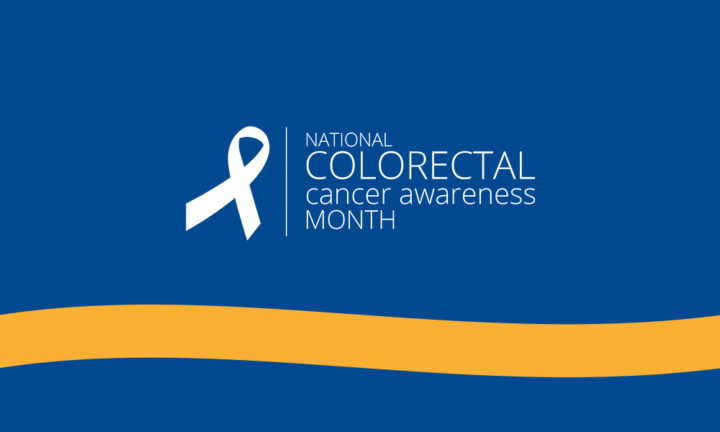Colorectal Health: Taking Care of Your Colon

“Fantastic Voyage” was a 1966 science fiction film about a group of scientists who shrink to microscopic size and travel inside a human body. You can experience this adventure in real life! … Kinda.
Colon cancer affects men and women of all racial and ethnic groups. More than 90 percent of people with this disease are diagnosed after age 50.
Most colon cancers develop first as polyps, which are abnormal growths inside the colon or rectum. If not removed, these polyps may later become cancerous.
Generally speaking, polyps “get big before they get bad.” This is why it is critical to get screened for colon cancer before symptoms develop.
If you or a family member has a history of polyps, you should be screened more often due to the higher risk of developing colon cancer. If you have a condition that causes inflammation of the colon, such as ulcerative colitis or Crohn’s disease, you also might be at increased risk.
There are several options for screening for colon cancer. Colonoscopy is probably the most familiar, and it was even highlighted on an episode of “Last Man Standing” this fall.
The challenging part of the procedure is being adequately prepped the preceding day – a process not quite as miserable as your friends would lead you to believe. After a delectable diet of clear liquids and a gallon of refreshing punch, you should be raring to go (pun intended).
A trained professional (do not try this at home) will delicately advance a camera through your colon, and it can detect abnormalities with a high degree of sensitivity. Pictures (not suitable for framing) will be taken, and any suspicious areas can be biopsied at the time of the procedure.
Meanwhile, you are sitting on a lounge chair on a tropical beach sipping a fruit drink with a paper umbrella. When you wake up, it is most probable that you will have no memory of the event.
This test should be done every 10 years for a person with average risk, and at shorter intervals for those at higher risk. There is a test that can be done annually on a stool specimen, as well as a blood test, but these tests are only appropriate for specific populations and cannot be done on those with increased risk.
Screening is the No. 1 way for you to reduce your risk of colon cancer. Lifestyle changes can also lower your risk. Studies suggest that a diet high in red meat and fat (especially animal fat) and low in calcium, folic acid and fiber might increase the risk of colon cancer. Cigarette smoking, obesity and inactivity have also been linked to a higher risk of colon cancer. In fact, studies have shown that daily physical activity can decrease colon cancer risk significantly.
Early detection can save your life. According to the American Cancer Society, one in 20 people will be diagnosed with colorectal cancer, and yet one in three people are not up to date with colorectal cancer screening. Sixty percent of colorectal cancer deaths could be prevented with screening.
March is Colorectal Cancer Awareness Month. Don’t put it off any longer! Be adventurous, and take the Fantastic Voyage to a healthy colon!
